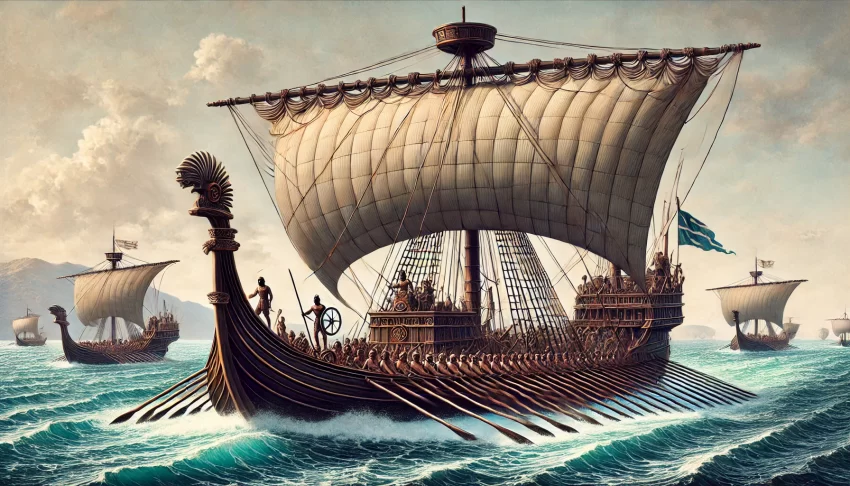Sociopolitical Changes
The First Interwar Period after the First Punic War was a time of profound sociopolitical changes for both Rome and Carthage, driven by the need to address the internal pressures and external challenges that arose in the aftermath of the conflict.
In Rome, the end of the war brought significant shifts in the social hierarchy and political landscape. The influx of wealth from war spoils and the indemnity imposed on Carthage led to a concentration of wealth among the elite. This economic disparity fueled social tensions, as the plebeian class, who bore much of the brunt of the war, demanded greater political representation and economic relief.
In response, the Roman Senate enacted a series of reforms aimed at appeasing the plebeians and stabilizing the republic. Key among these were the agrarian reforms, which sought to redistribute public land (ager publicus) to war veterans and the poorer citizens. These reforms were not without controversy and resistance from the wealthy landowners, but they marked a critical step towards addressing the growing socio-economic divide.
Politically, the war had elevated the status of military leaders, who now wielded considerable influence in the Senate. The prominence of generals like Marcus Atilius Regulus and Gaius Lutatius Catulus underscored the rising importance of military success in political careers. This shift contributed to the gradual militarization of Roman politics, laying the groundwork for future conflicts between ambitious military leaders.
Carthage, on the other hand, faced a different set of sociopolitical challenges. The loss of the war and the heavy indemnity burden exacerbated existing political fractures within the Carthaginian society. The merchant oligarchy, which had dominated Carthaginian politics, came under scrutiny for their handling of the war and the subsequent peace terms. In the wake of these tensions, there was a push for broader political participation and reforms to ensure more equitable governance.
One notable development was the rise of the Barcid family, led by Hamilcar Barca, who advocated for military and political reforms to restore Carthage’s standing. Hamilcar’s campaigns in Spain not only aimed at economic recovery through the exploitation of mineral resources but also sought to establish a new power base independent of the traditional merchant elite.
This period also witnessed significant changes in the social fabric of Carthage. The reliance on mercenaries during the war had highlighted the need for a more cohesive and loyal military force, leading to efforts to integrate native Libyans and other subject peoples more closely into the Carthaginian state. These efforts included granting greater political rights and social benefits to these groups, fostering a sense of unity and shared purpose.
In both Rome and Carthage, the First Interwar Period was thus characterized by a complex interplay of social and political reforms. These changes, while often contentious and fraught with challenges, were crucial in shaping the trajectories of both powers as they navigated the uncertain landscape of the post-war era. The reforms undertaken during this period not only addressed immediate crises but also laid the foundation for the future developments that would come to define the Mediterranean world.
 |
 |
 |


